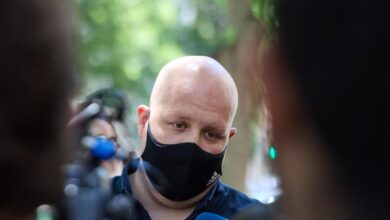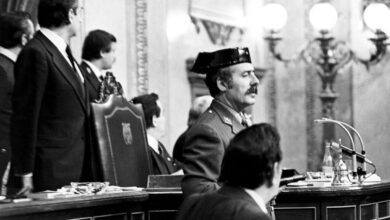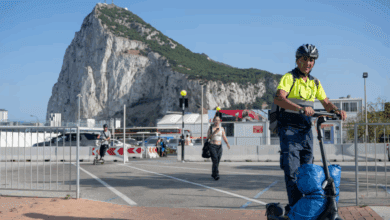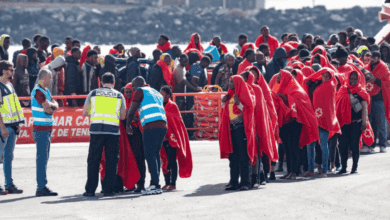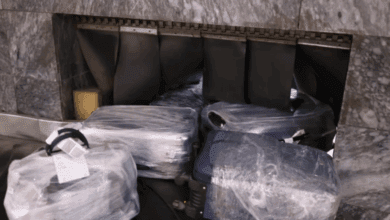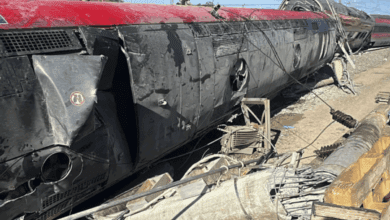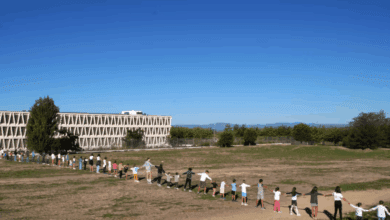
A high-profile court case continues in Madrid over allegations of leaking confidential information from a tax fraud case involving the partner of the regional leader. This time, former head of the Madrid Socialists, Juan Lobato, took center stage as he testified on the third day of hearings against Spain’s Attorney General, Álvaro García Ortiz.
Lobato was one of the recipients of an email in which the defense team for Alberto González Amador, suspected of tax crimes, admitted to violations in order to strike a deal with prosecutors. The message was forwarded to him by Pilar Sánchez Acera, who at the time worked in government administration and now holds a leadership position in Madrid’s Socialist party. She is also expected to take the stand soon.
The defendant’s lawyer is trying to prove that there was close coordination between the government and the regional Socialist branch. According to his version, this explains how compromising information was spread so quickly. However, Lobato insists that he never received direct instructions or orders from officials, and that only positions on nationally important issues were coordinated.
During the hearing, the defense attempted to link government agencies to the leaked letter, suggesting possible collusion between the central authorities and the Madrid socialists. They believed this could have been part of a political strategy aimed at discrediting the regional leader. Despite persistent questions, Lobato rejected any accusations of receiving instructions from the administration, stressing that only recommendations and exchanges of opinions took place.
Interrogations continue: new suspects and unexpected details emerge
The court session began with Lobato’s testimony, where he presented notarized messages he sent on the day the letter was published in the media. In these conversations with Pilar Sánchez Acera, they discussed the origin of the controversial letter. According to Acera, the document was already in journalists’ hands and she only forwarded it to Lobato.
The court will soon hear from other participants in the events—journalists who were the first to publish details of the letter. Their testimonies may shed light on how exactly the information reached the press and who might have been involved in its dissemination.
The case is gaining public attention, as it raises not only ethical and legal issues, but also possible political motives. Investigators are trying to determine whether the leak was the result of coordinated actions among different organizations or just a coincidence.
Political fallout and what happens next
The scandal surrounding the leaked letter has already affected relations between regional and central authorities. While some insist on the need for a thorough investigation of all the circumstances, others see the events as an attempt to exploit the situation for political gain.
New interrogations are expected in the coming days and, possibly, the emergence of additional materials that could change the course of the case. The trial promises to become one of the most talked-about events of the year, and its outcome may influence the country’s political landscape.
